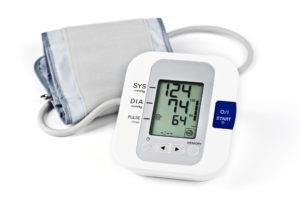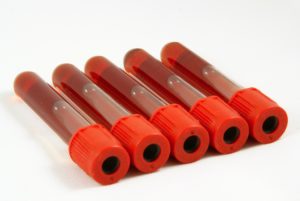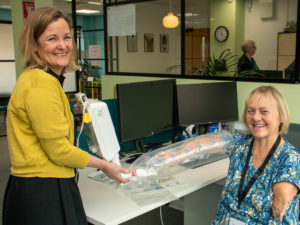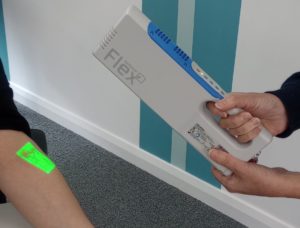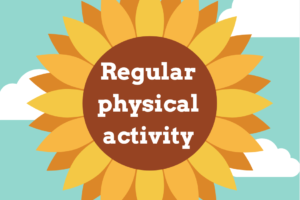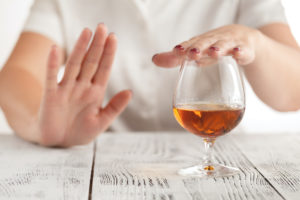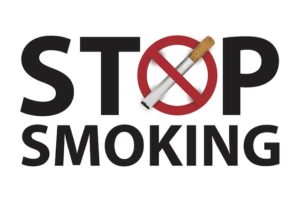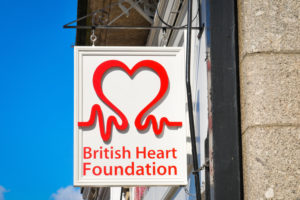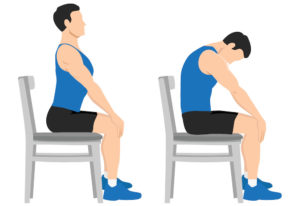How Healthy is your Heart?
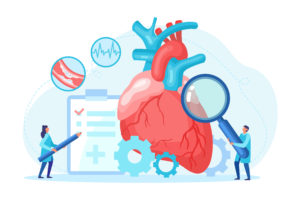 Cardiovascular risk is your chance of developing cardiovascular disease.
Cardiovascular risk is your chance of developing cardiovascular disease.
Cardiovascular disease is the name for problems with the heart and blood vessels that can lead to heart attacks and stroke, and other serious conditions. It is the leading cause of death in the UK but the good news is, in most cases, it can be prevented.
There are a number of factors that increase your cardiovascular risk. These include, having high blood pressure, smoking, having high cholesterol, being obese or overweight, not being physically active and getting older.
Your risk of developing cardiovascular disease goes up as you age.
Join our webinar 'Know Your Numbers' with Dr Susan Brennan on 30 May at 2:30 pm to find out more
How to find out what your cardiovascular risk is
1. See your GP for a health and lifestyle check
The medical advisers at the Trust recommend that all of you go and see your GP for regular cholesterol tests, blood pressure, diabetes screening, weight measurement and lifestyle checks. If you do have high blood pressure or high cholesterol, this can be treated and will increase your chances of living a longer and healthier life. If you smoke your GP will be able to signpost you to services that can help you to stop smoking. High blood pressure and cholesterol usually have no symptoms so finding out if you have a problem early means it can be treated to help prevent stroke and heart attacks.
Information to help your GP take blood pressure and blood samples:
Helpful gadgets
We also have some clever gadgets that might help with taking blood -an Air Glove that warms your limb to make veins easier to get to and a Vein Viewer that shows the person taking blood where the best veins are. These might help your doctor to get your blood tests done and we can post them out to you. Please call us on 01480 474074 to see how we can help.
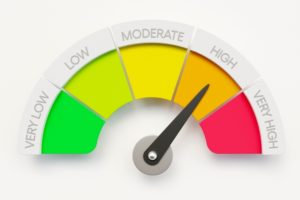 2. Calculate your Q-risk 3 score
2. Calculate your Q-risk 3 score
Your GP can use something called a Q-risk to calculate your individual risk of heart disease over the next 10 years. Ask your GP to check if this has been done and then you can discuss ways to reduce your risk
3. Get a Calcium CT scan
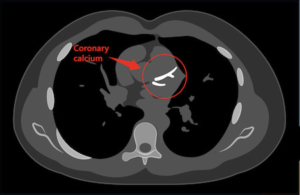 A calcium CT scan looks at the amount of calcified, or hardened plaques in the heart arteries to assess your cardiovascular risk. It looks at your heart health in more detail.
A calcium CT scan looks at the amount of calcified, or hardened plaques in the heart arteries to assess your cardiovascular risk. It looks at your heart health in more detail.
It is particularly helpful if it is difficult for you to give blood samples and blood pressure readings.
Learn more about Calcium CT scans and how you can book one
How you can help to reduce your cardiovascular risk
Making lifestyle changes can significantly reduce your cardiovascular risk.
The key changes to make are:
- getting more active
- eating healthily and reducing the amount of processed food eaten
- reduce your alcohol intake
- stop smoking
The Trust provides a wide range of information to guide you in making these changes, which you can find using the links below.
In addition, beneficiary volunteers are available to provide peer support and encouragement to help you find the most suitable ways for you to make positive changes. If you would like to request a volunteer to support you please contact 01480 474074 or email us.
Further information
If you would like to speak to one of the Trust's medical advisers please call on 01480 474074 or email us.
